FIBC Section
FIBC bulk bag, also known as a Flexible intermediate bulk container, is a type of industrial container used for preserving and transferring flowable and dry goods. It is made of extensible fabric. Thick polyethylene is the most common material utilized to make FIBC. Depending on the configuration, they can support materials weighing up to 4000 pounds. They are employed in numerous sectors, such as those associated with agriculture, petroleum, construction, food services, chemicals, and healthcare.


Asbestos Bags
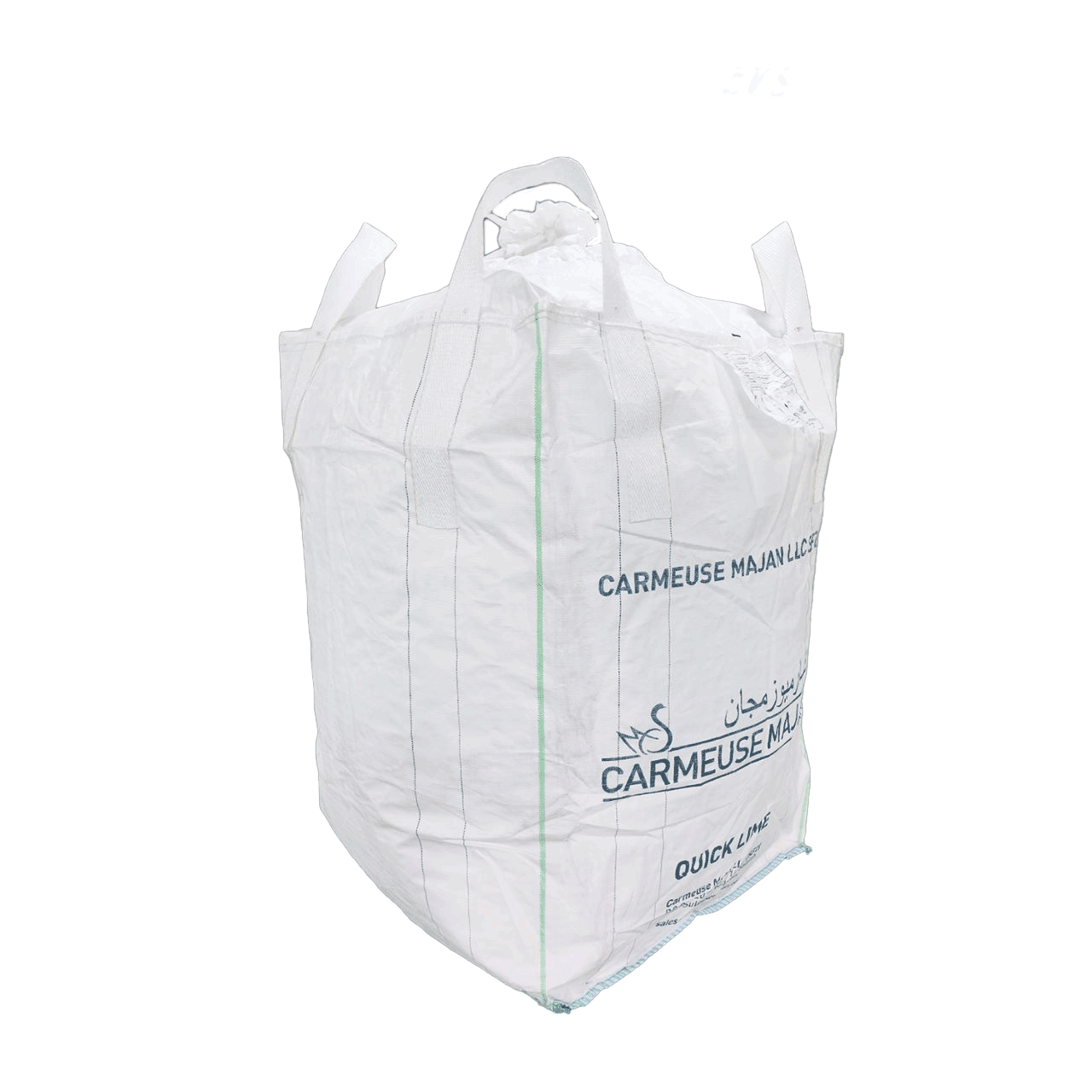
Bags with Liners
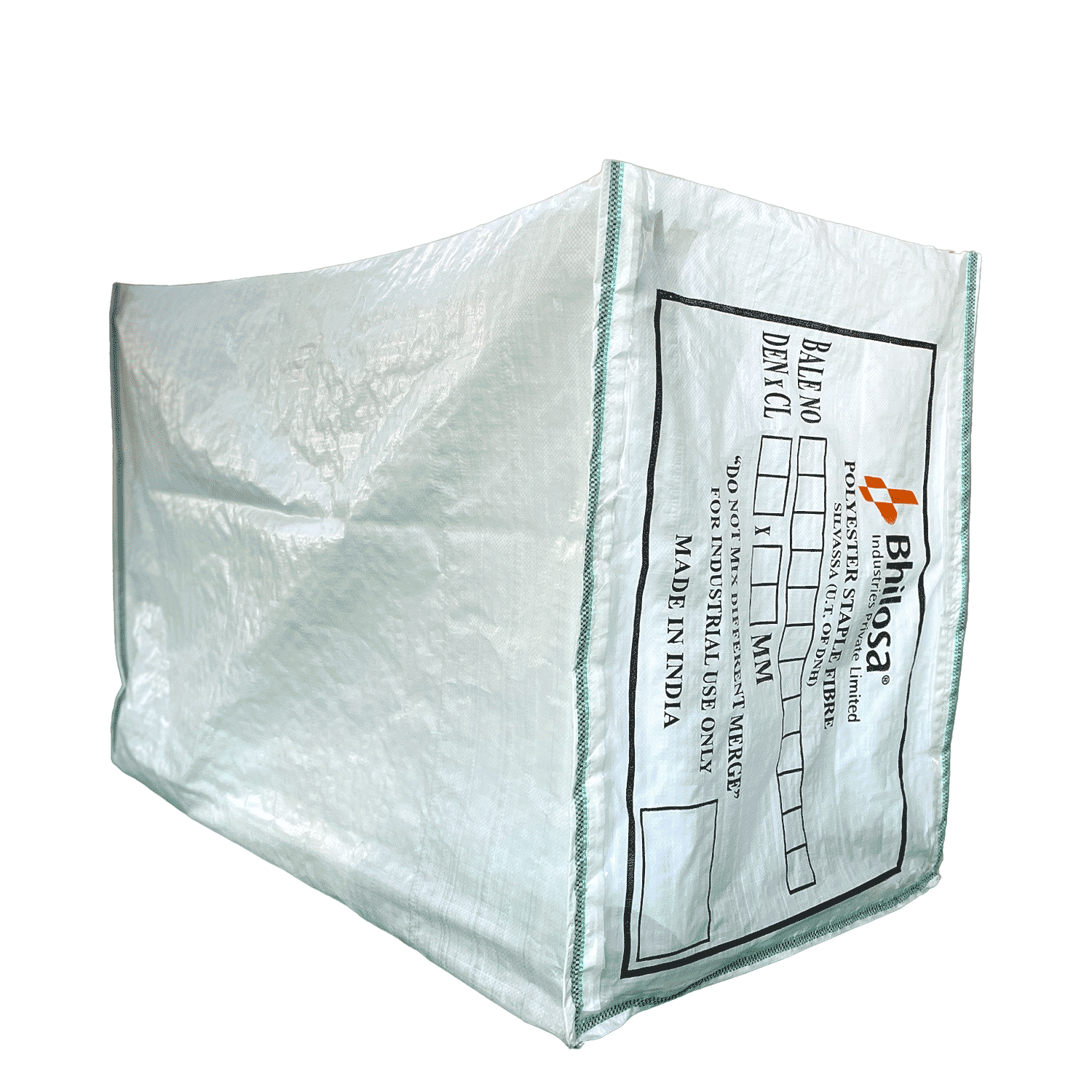
Bale Covers
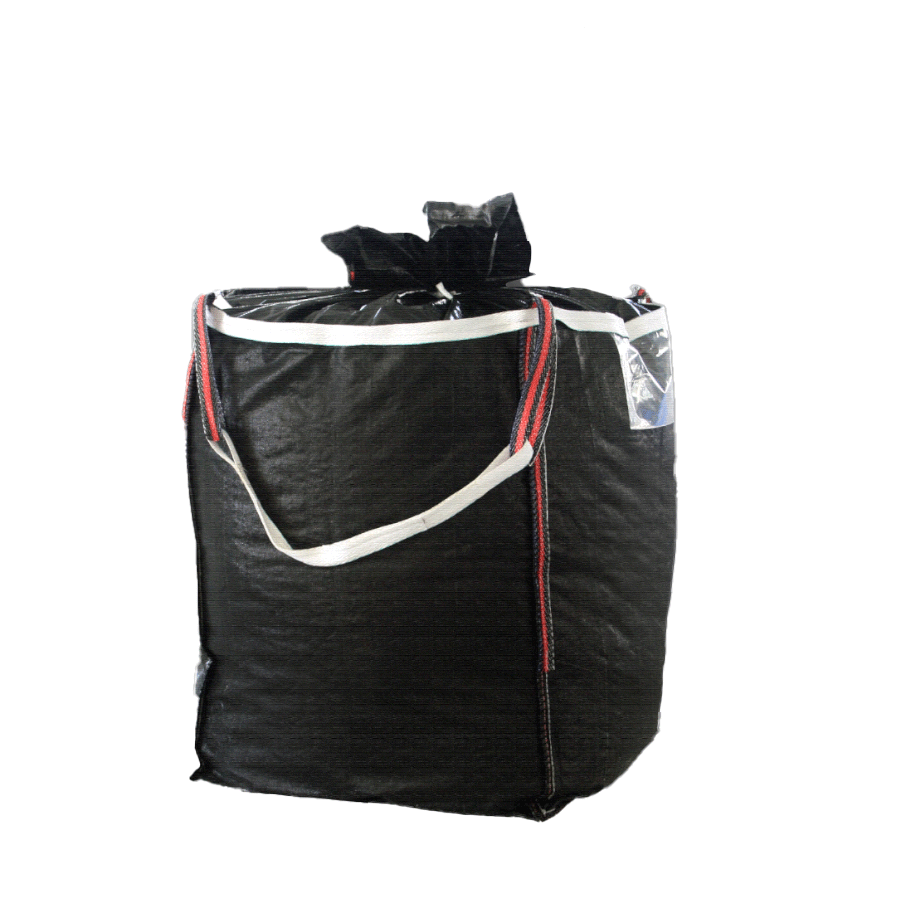
Black Bags
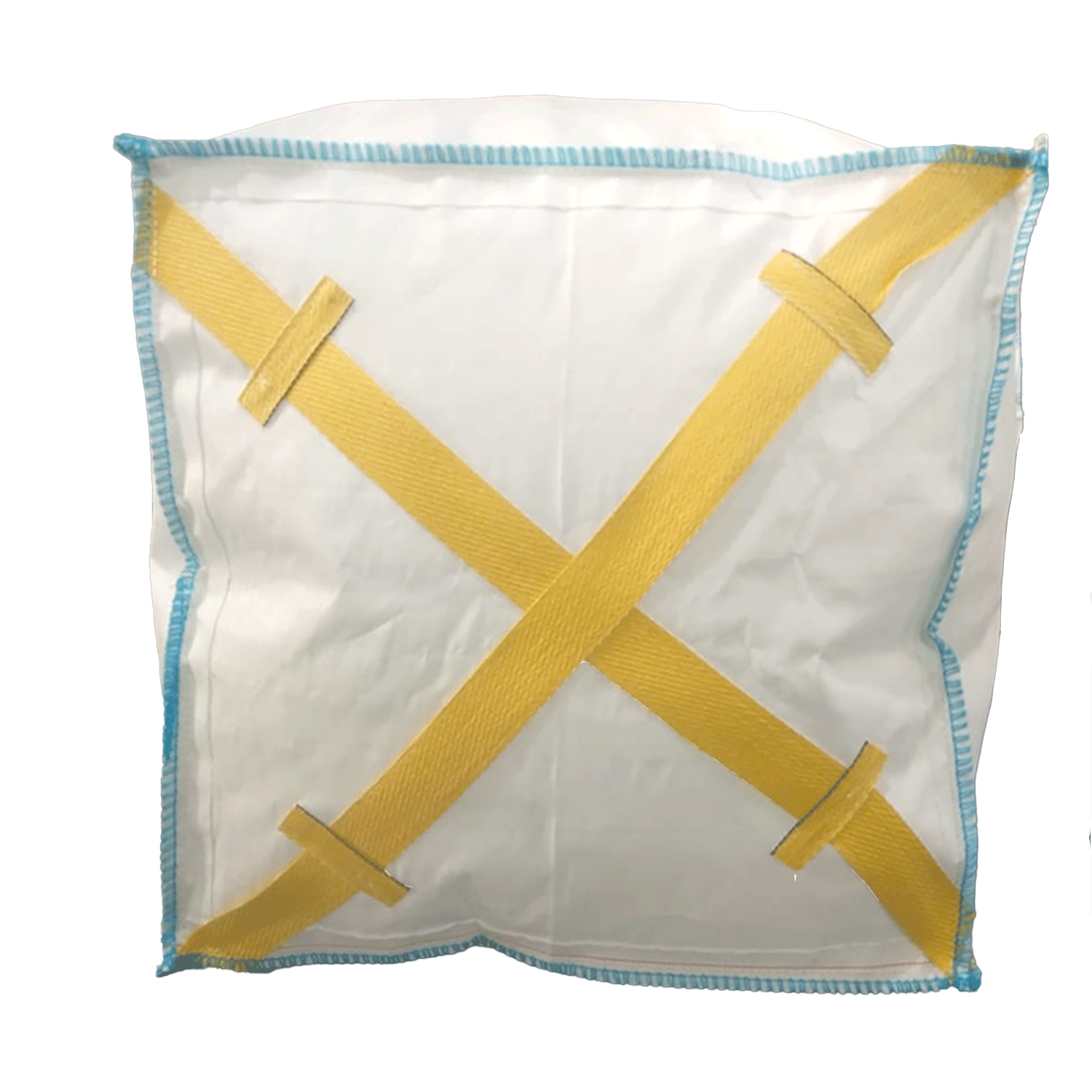
Cross Bottom Bags
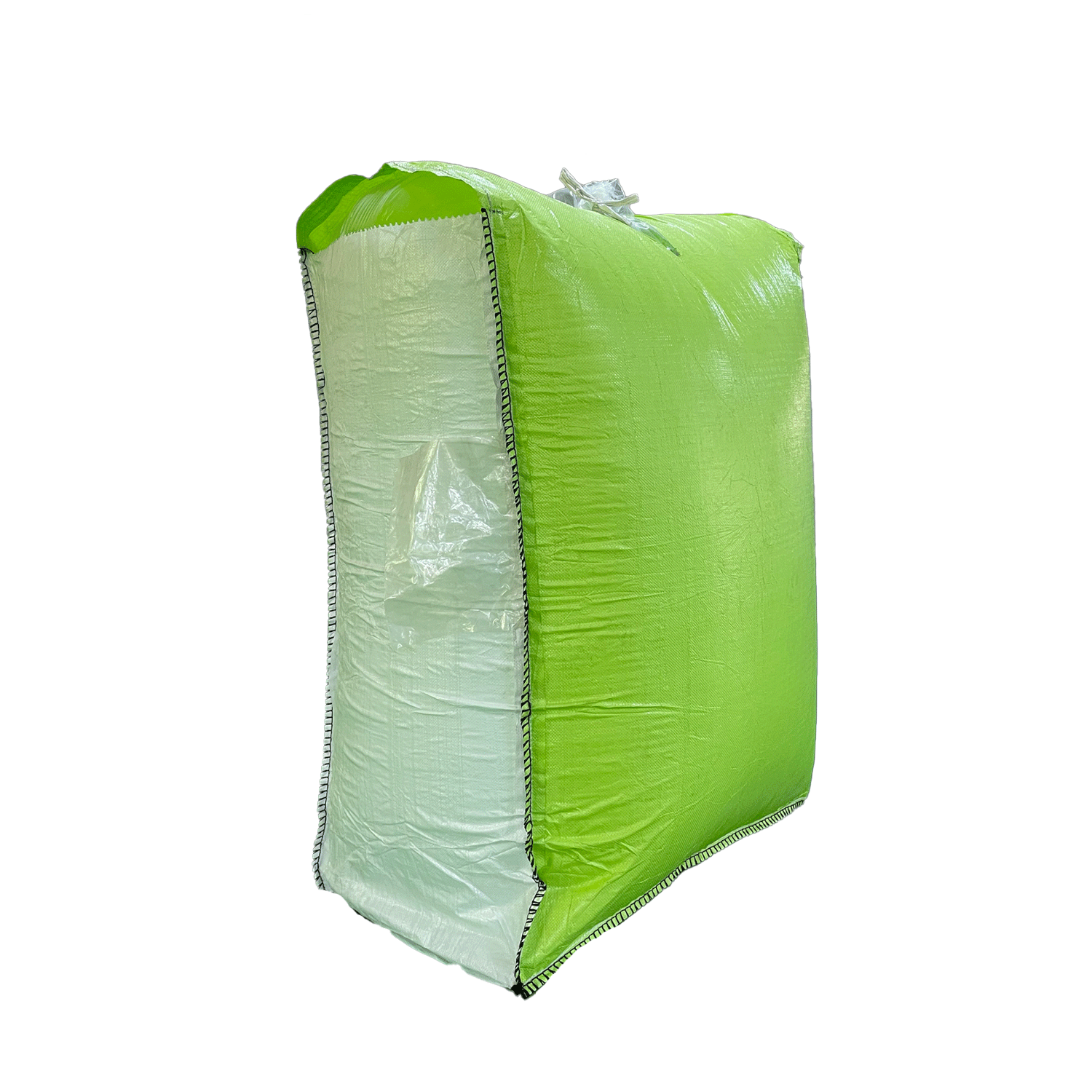
Fertilizer bag Range
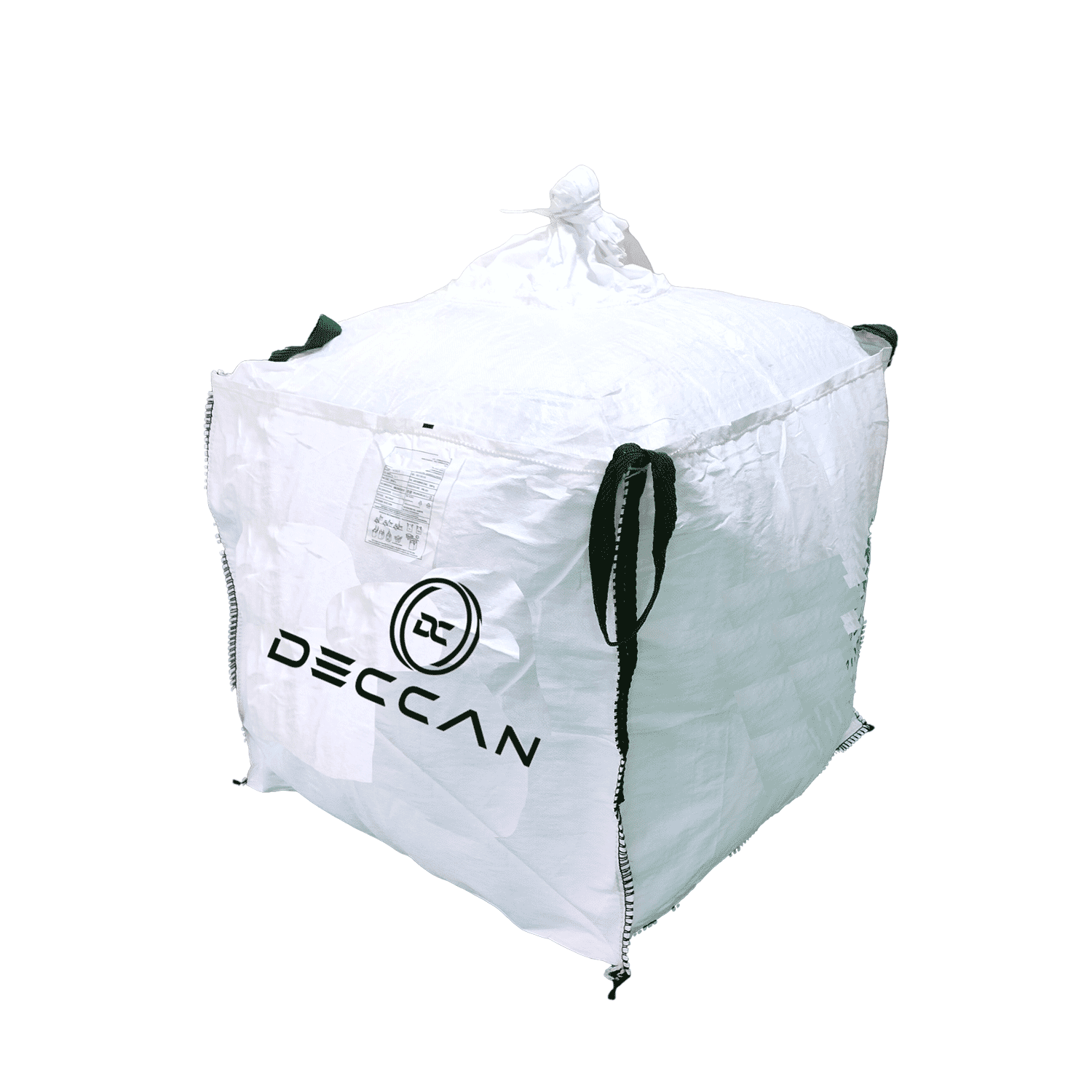
Polyester Loop Bags
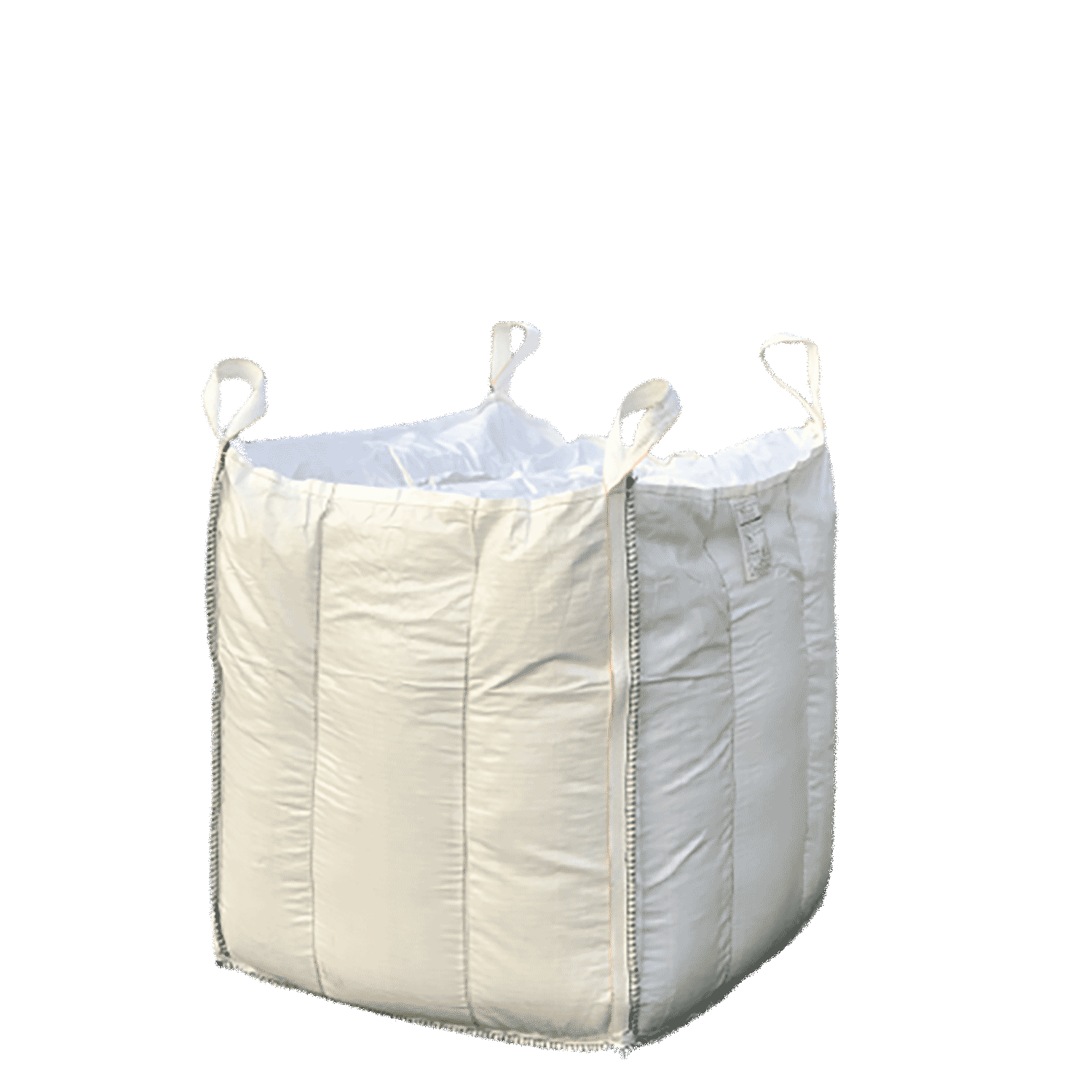
Q bags
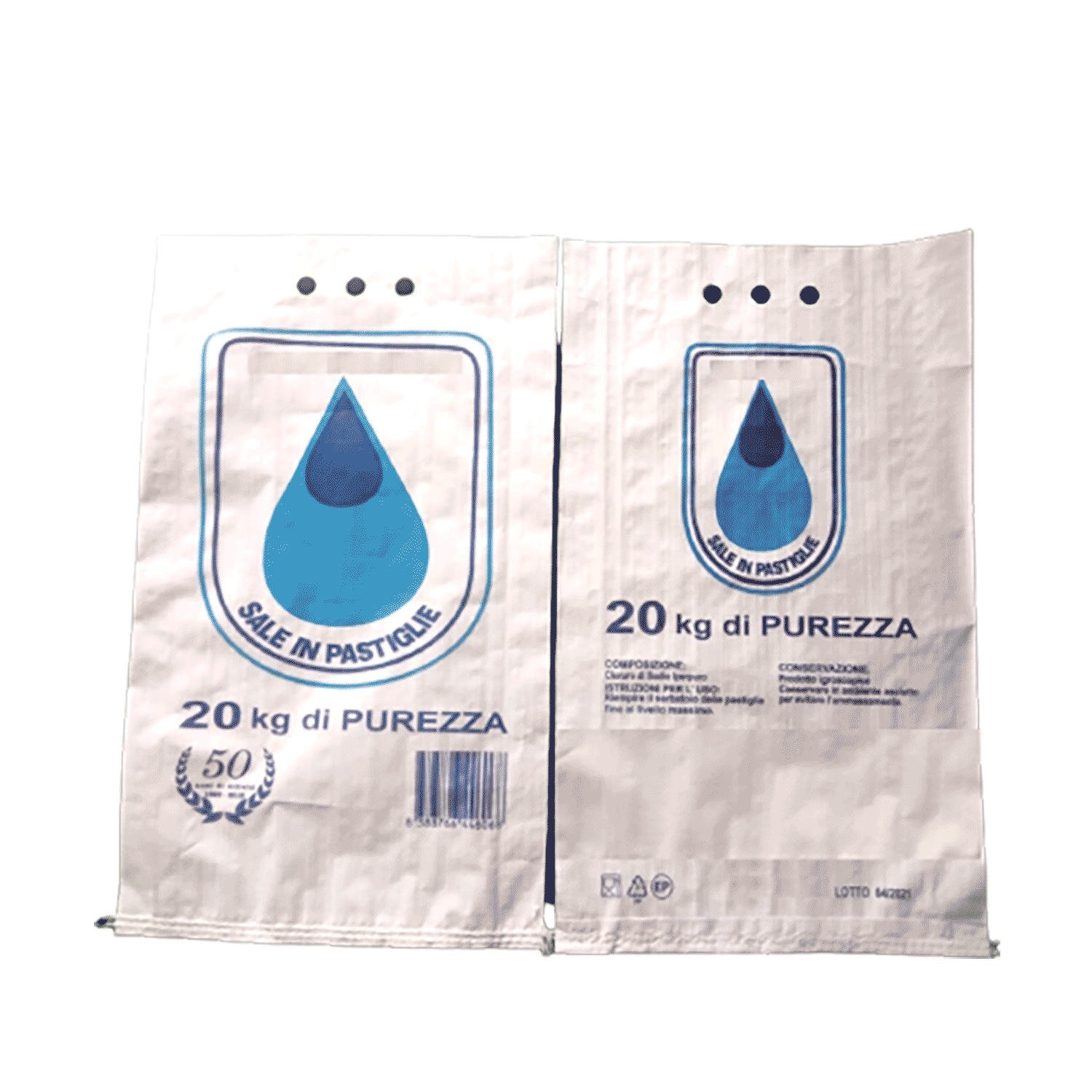
PP/ HDPE Bags
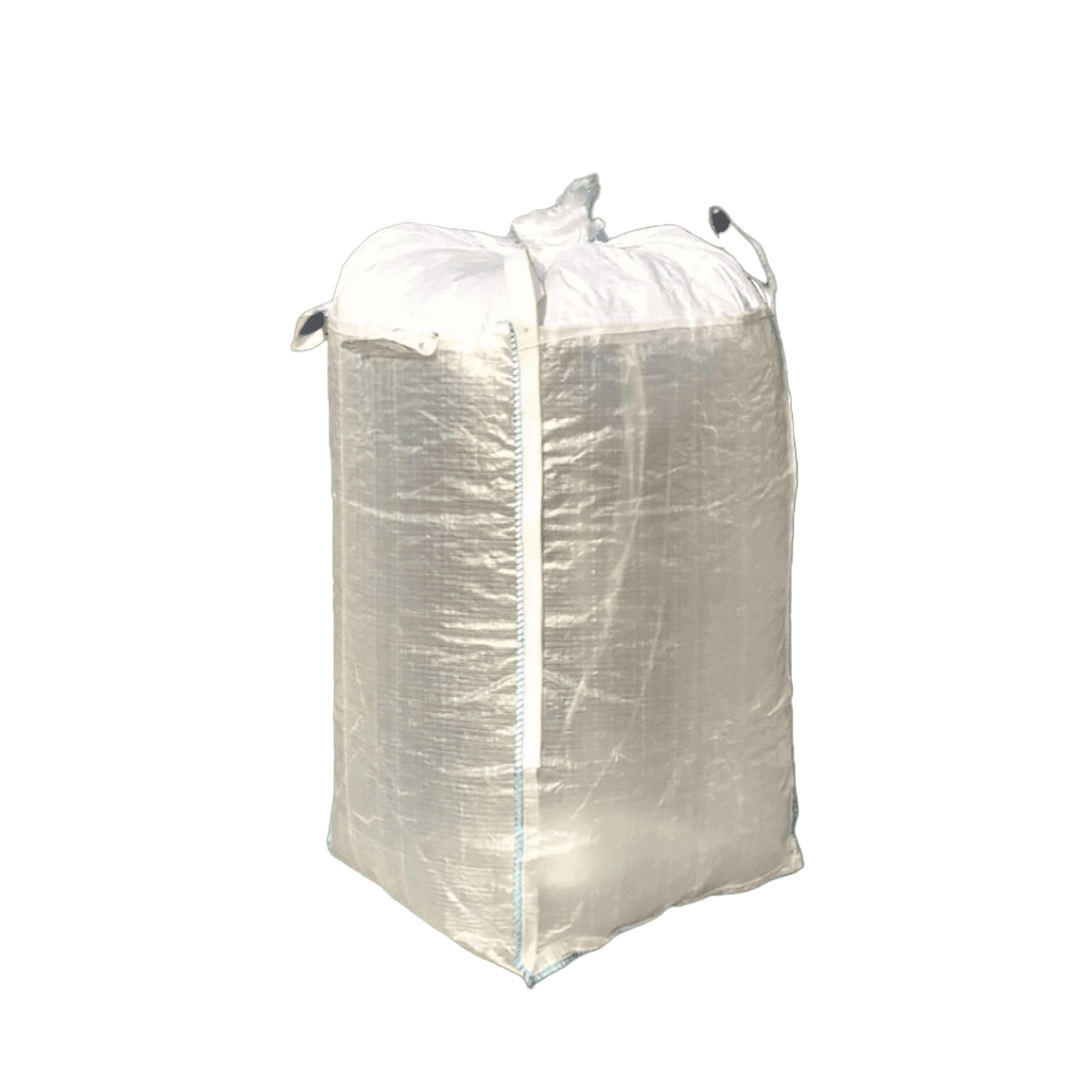
Transparent Bags
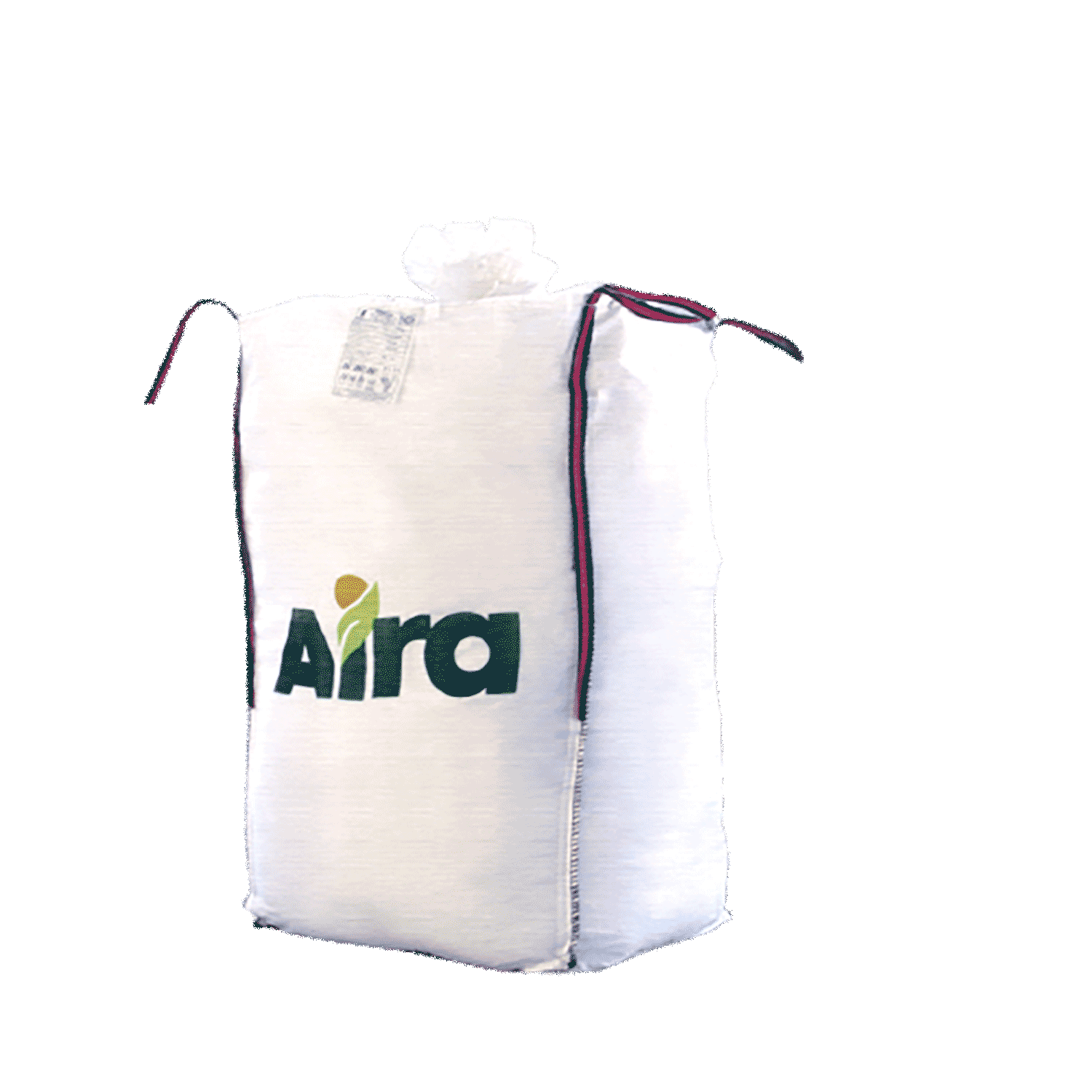
Type A Big Bags
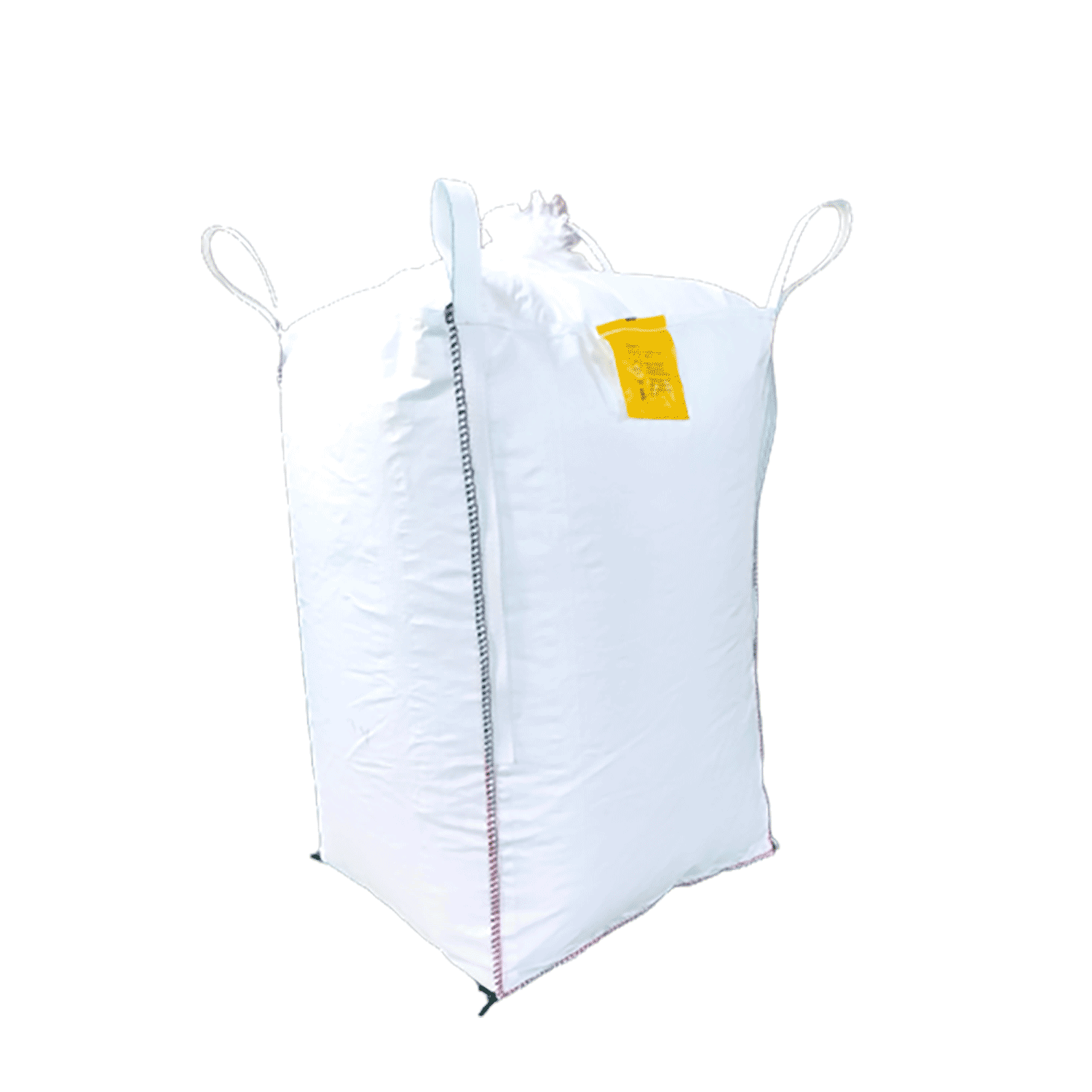
Type B Bags
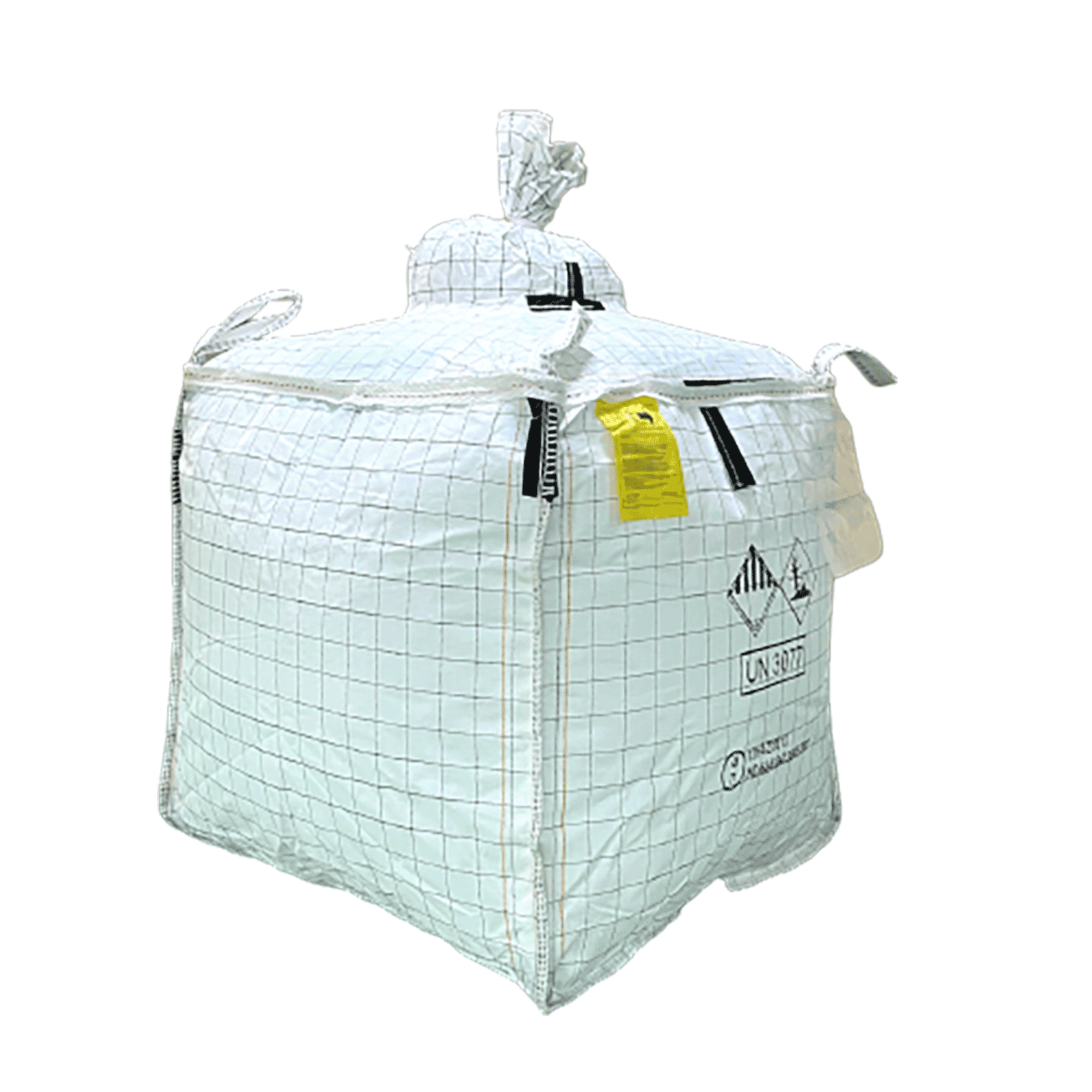
Type C Bags
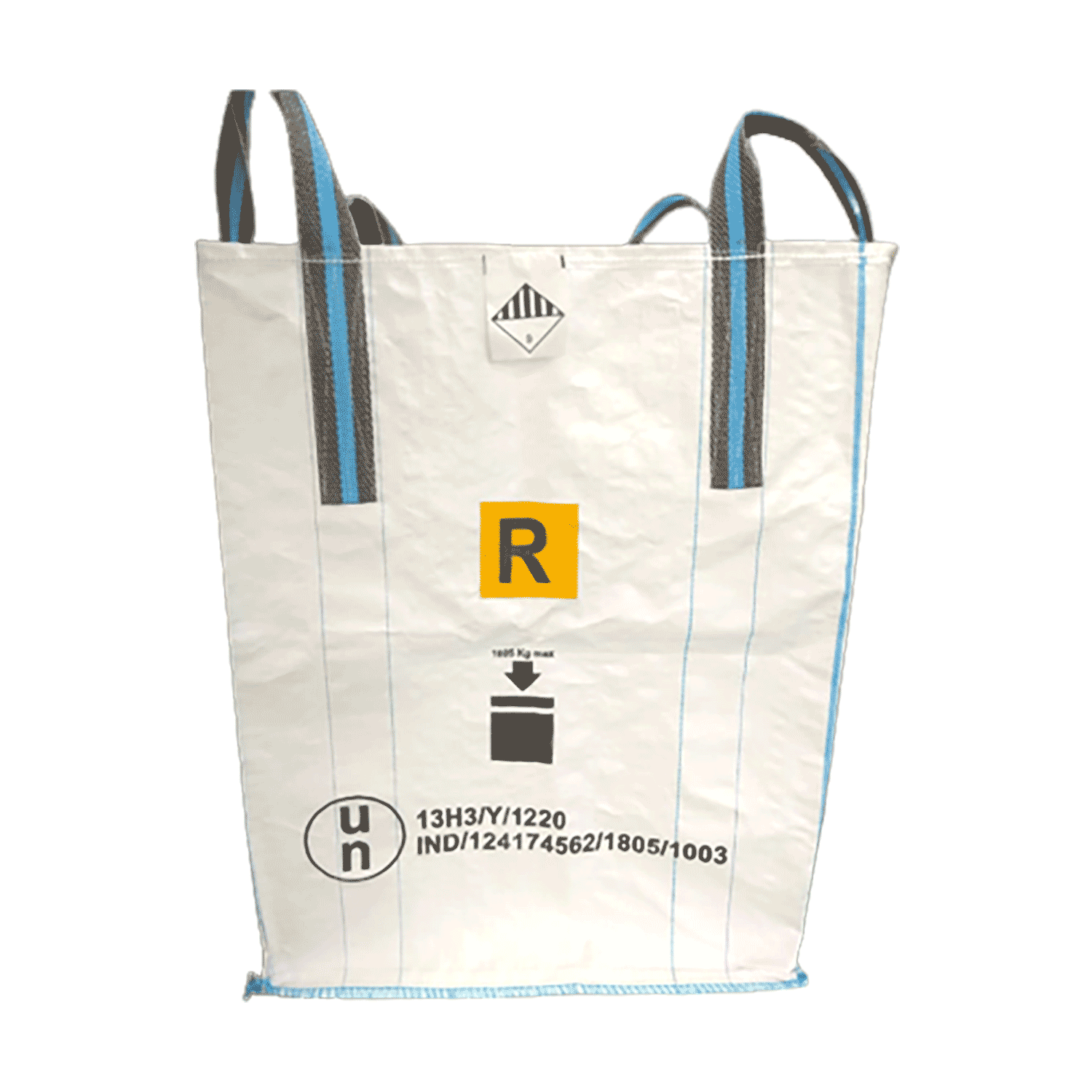
UN Bags

Printed Bags
FIBC FAQ's
What are FIBCs?
FIBCs stands for Flexible Intermediate Bulk Containers. FIBCs, also known as bulk bags, are large bags made of flexible materials that can hold and transport large quantities of dry, flowable products such as powders, granules, and pellets.
What are FIBCs made of?
FIBCs are typically made of woven polypropylene fabric, although other materials such as polyethylene and polyester are also used.
What are the different types of FIBCs?
There are four main types of FIBCs: Type A, Type B, Type C, and Type D. Each type has different characteristics and is designed for specific types of products and environments.
What is the weight capacity of FIBCs?
The weight capacity of FIBCs varies depending on the type of bag, its dimensions, and the material it is made of. Most FIBCs have a weight capacity of 500-2,000 kg (1,100-4,400 lbs).
Can FIBCs be reused?
Yes, FIBCs can be reused, but it depends on the product being transported and the condition of the bag after each use. It is important to inspect and repair FIBCs before reuse to ensure they are safe and effective.
How are FIBCs transported?
FIBCs are typically transported by forklift, crane, or pallet jack. They can be loaded onto trucks, trains, or ships for transportation.
How are FIBCs disposed of?
FIBCs can be recycled or disposed of in a landfill. It is important to follow local regulations and guidelines for proper disposal.
What are the advantages of using FIBCs?
FIBCs offer several advantages over other types of packaging, including their ability to hold large quantities of product, their flexibility, and their low cost compared to other types of packaging.
What industries use FIBCs?
FIBCs are used in a wide range of industries, including chemical, agriculture, food and beverage, mining, and construction.
What are some safety considerations when using FIBCs?
It is important to follow proper handling procedures when using FIBCs, including using appropriate lifting equipment, inspecting bags before use, and following guidelines for safe stacking and storage. Additionally, it is important to use the appropriate type of FIBC for the product being transported and the environment it will be used in.

